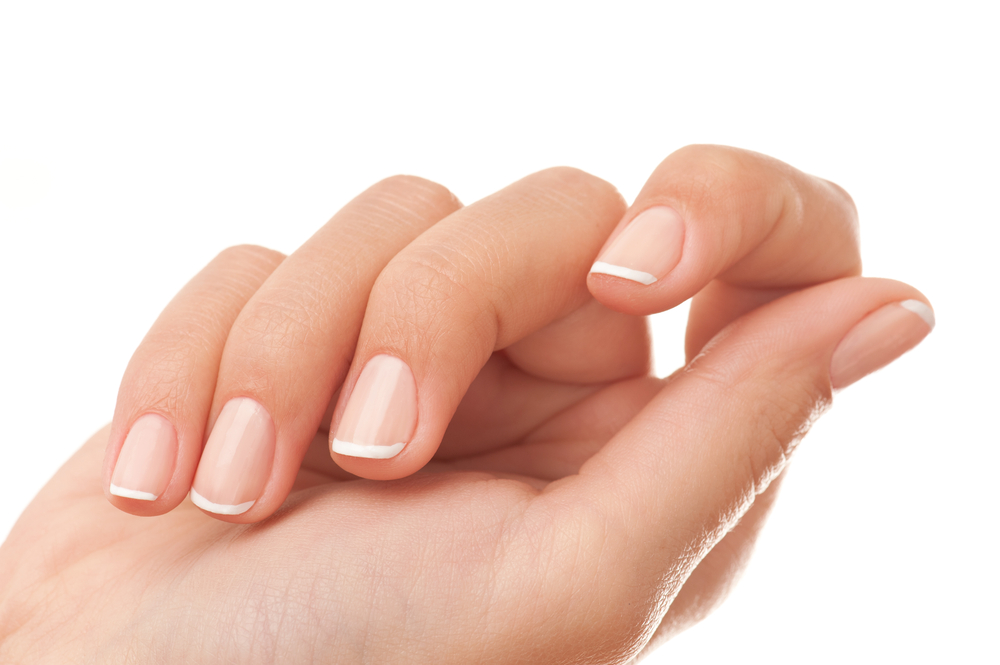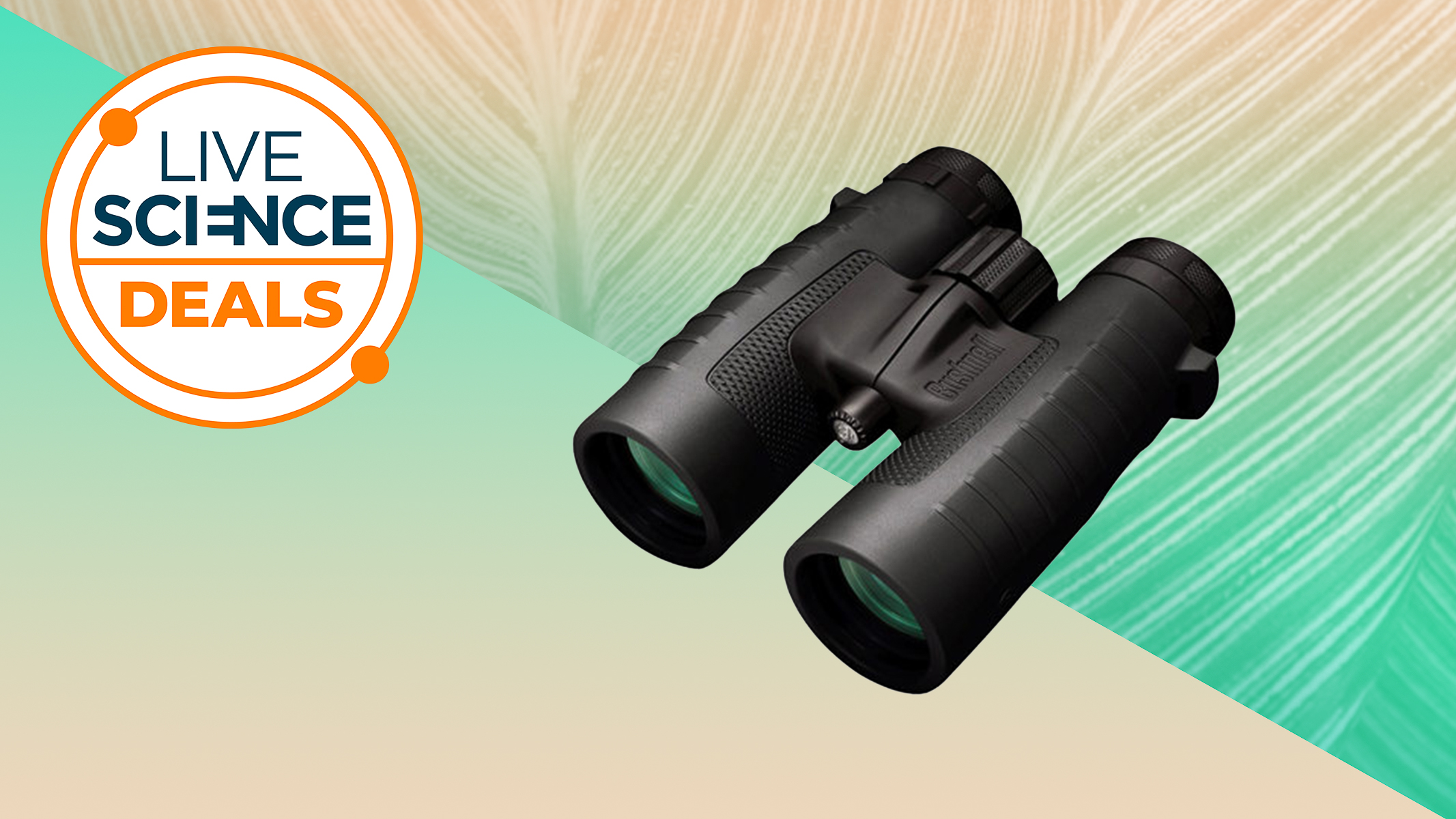What is Biotin (Vitamin B7)?

Vitamin B7, also called biotin, is a vital part of a healthy metabolism and creating important enzymes. Biotin is often used to strengthen hair and nails, and is also called Vitamin H (for hair).
"Many systems benefit from biotin including the skin, nerves, digestive tract, metabolism and cells," said Dr. Sherry Ross, OB/GYN and Women’s Health Expert at Providence Saint John’s Health Center in Santa Monica, California. "Biotin is needed for the formation of fatty acids and glucose, which are used as energy in our body."
Sources of B7
Biotin is found in small amounts in food. "Foods that contain biotin are liver, cauliflower, salmon, carrots, bananas, soy flour, yeast, wheat germ, whole-grain cereals, whole wheat bread, eggs, dairy products, nuts, Swiss chard and chicken," said Ross.
Bacteria in the small intestines also make biotin, according to the University of Maryland Medical Center.
Health benefits
Biotin is vital to many body functions. According to the University of Maryland Medical Center, vitamin B7 is used by the body to metabolize carbohydrates, fats and amino acids. It is also vital for the normal growth of fetuses.
Many people take biotin supplements to increase the health of their skin, hair and nails. While more research is needed, it seems that B7 may be helpful in these areas. A double-blind study by the Ablon Skin Institute Research Center and the University of California found that taking biotin created significant hair growth in women with temporary hair thinning. The U.S. National Library of Medicine also notes that biotin can be helpful in the treatment of skin rashes in infants known as seborrheic dermatitis or cradle cap. There is no research to prove this claim, according to the Penn State Hershey Medical Center.
"Biotin is important for hair, skin and nails," said Lauren Graf, clinical dietitian for Montefiore-Einstein Cardiac Wellness Program. "Low levels of biotin can lead to brittle nails and thinning hair. There is some evidence that biotin supplements can help prevent hair thinning, especially if you are deficient. Taking a biotin supplement is not likely to be harmful and may improve hair quality."
B7 may also be helpful in the treatment of diabetes. A study by Alpha Therapy Center found that a treatment that combines chromium picolinate and B7 improves glucose metabolism in patients with type 2 diabetes. High doses of biotin were also found helpful in the treatment of peripheral neuropathy, a symptom of diabetes.
Dosage
Biotin deficiency is rare in the United States. The few who don't get enough of this vitamin can have very noticeable symptoms. "Deficiency can cause confusion, nausea, muscle pain, skin changes and hair loss," Dr. Kristine Arthur, an internist at Orange Coast Memorial Medical Center in Fountain Valley, CA, told Live Science. Other symptoms include swollen and painful magenta colored tongue, dry eyes, cracking in the corners of the mouth, fatigue, loss of appetite, insomnia and depression, according to the University of Maryland Medical Center.
There are no official recommended daily allowance guidelines for B7. Arthur suggests that adults should aim for 30 micrograms (mcg) per day. The Mayo Clinic recommends 30 to 100 mcg per day for adults.
There are no recorded side effects for biotin in amounts up to 10 milligrams a day, according to the Mayo Clinic. There is also no known dosage of biotin that could cause toxicity in the body, resulting in overdose. Since all B vitamins are water soluble, the body does not store excess amounts and flushes it away.-
Additional resources
Sign up for the Live Science daily newsletter now
Get the world’s most fascinating discoveries delivered straight to your inbox.

Get a closer look at wildlife for less: This huge $60 saving on the Bushnell 10x42mm Trophy XLT binoculars — now down to their lowest-ever price at Adorama
Acer Aspire Vero 16 review: Admirably eco-conscious
Killer Australian fungus can gobble up widespread, pesticide-resistant armyworm from the inside










